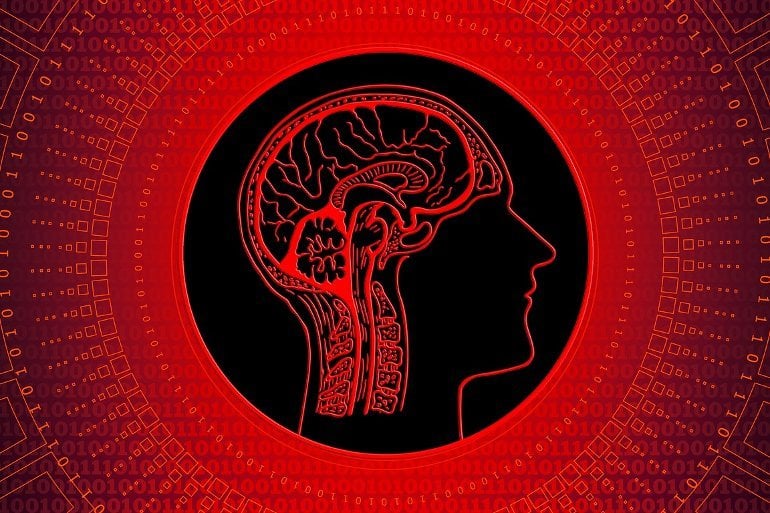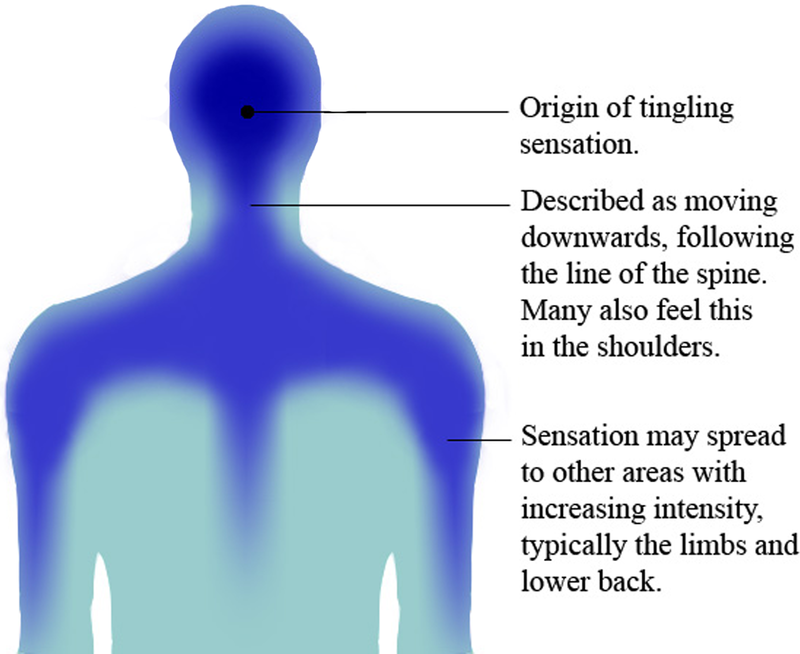ASMR: Relaxation or Irritation? - Neuroscience News
4.6 (320) · $ 23.99 · In stock

ASMR, a phenomenon enjoyed by many for its calming effects, has been scientifically shown to positively alter mood and physiological responses like heart rate and blood pressure in 25-30% of people.
Neuroscience News provides research news for neuroscience, neurology, psychology, AI, brain science, mental health, robotics and cognitive sciences.

sensory perception News Research Articles

Neuroscience News on LinkedIn: Mice in Maze Shed New Light on Rodent Learning and Cognition -…
:max_bytes(150000):strip_icc()/asmr-gettyimages-848895168-2000-00cf66efd72e42ecb9330157b1a04be5.jpg)
What Does ASMR Mean—And How Does It Work?

Neuroscience News on LinkedIn: Discovery of a Novel Role for an Elusive Brain Region in Maternal…

RUB News Research Articles

Featured News - Research Topics - Page 600 of 1806 - Neuroscience News

Neuroscience News on LinkedIn: Protein p53's Role in Autism-like Behavior and Memory - Neuroscience News

Neuroscience News on LinkedIn: CPTSD: A New Diagnosis Category in Post-traumatic Stress Disorder -…

Fire Within on LinkedIn: Breaking the Darkness: Reactivating Dormant Cells in the Retina Brings New…






